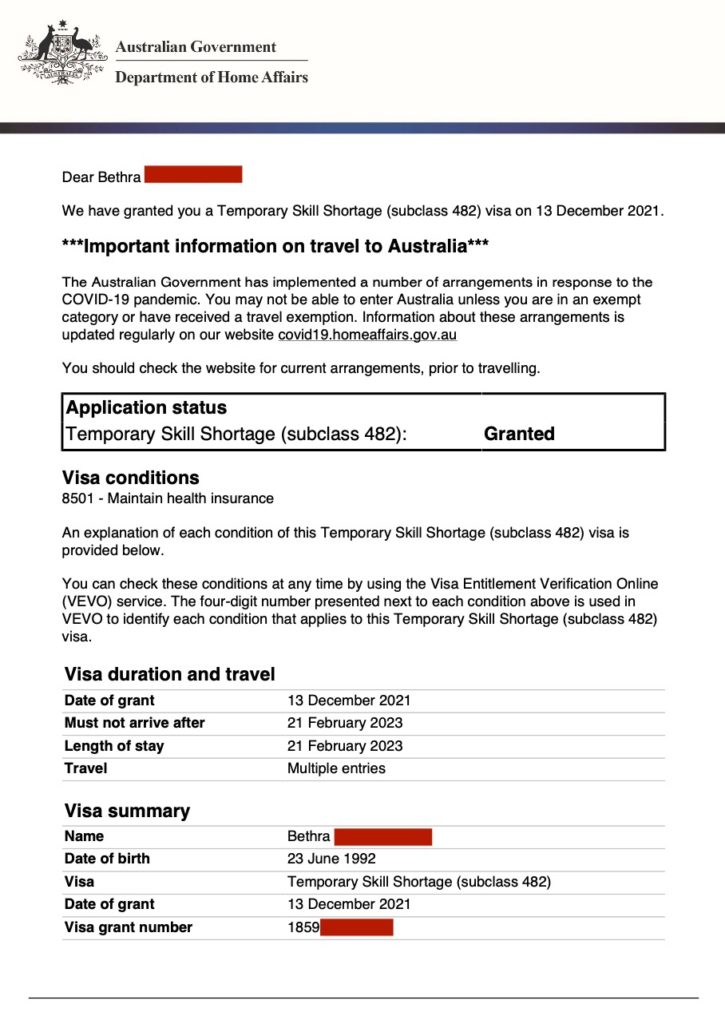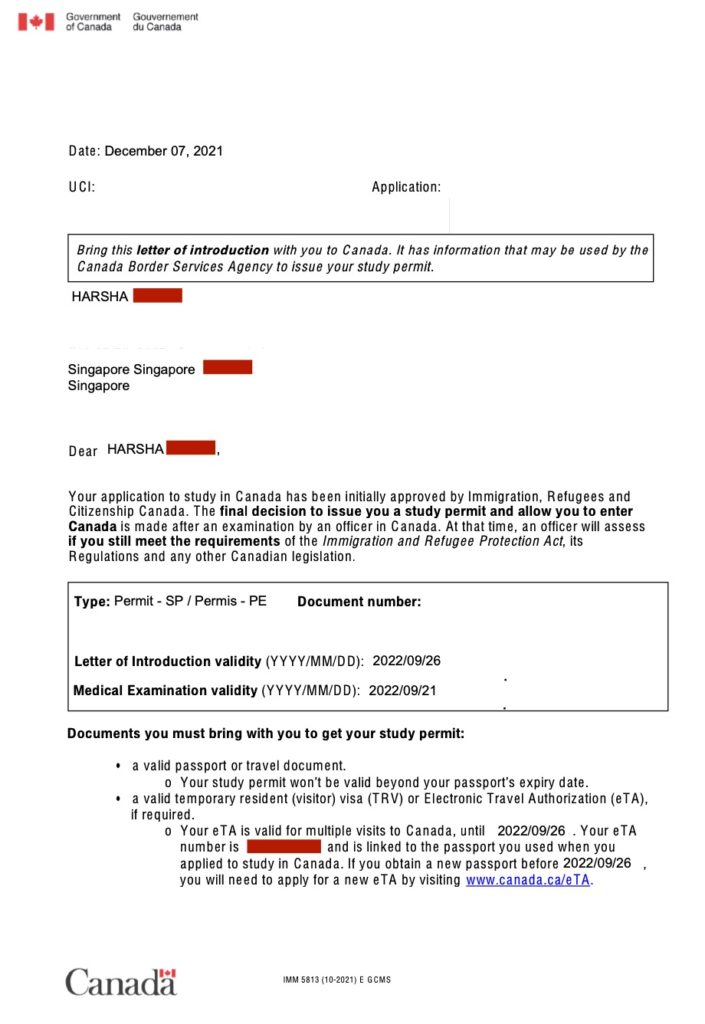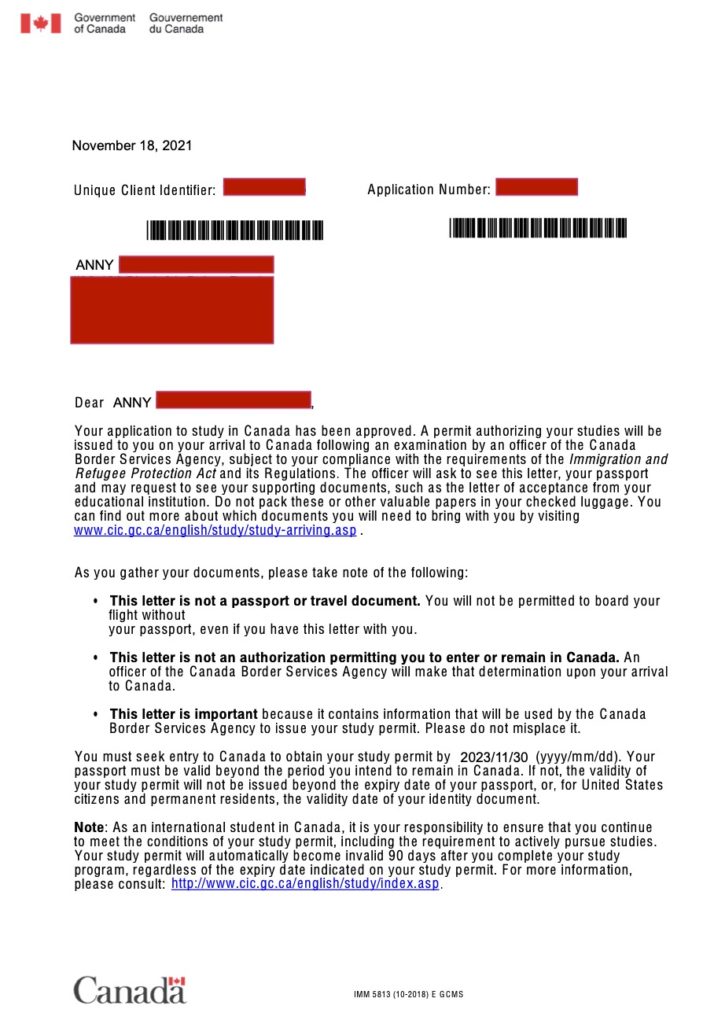
Are you interested to work in Australia and have an employer sponsorship? Find out if you qualify to apply here.


Are you interested to work in Australia and have an employer sponsorship? Find out if you qualify to apply here.


Interested to further your studies in Canada? Find out if you qualify here

The post Approval for UK Overseas Domestic Worker Visa [7th December 2021] appeared first on OCSC Global Pte Ltd.


From home moving to pet travel and immigration services, Moovaz’s robust relocation platform enables partners and customers hampered by the ongoing pandemic
To date, Moovaz has all manner of partner services available on its platform, and enlisting the services of each of them is seamless and fuss-free, according to Mr Philip Ng, chief executive officer of OCSC Global.
“It’s amazingly easy how our clients can obtain all information they need for their relocation, including sourcing for trustworthy services worldwide. Navigation on the platform is simple and it’s the perfect one-stop solution that goes in line and adds value to what OCSC Global offers,” he says. “We receive monthly sales updates, and the Moovaz account management team is extremely proactive.”
Ms Deborah Guo, partnerships lead at Moovaz, adds: “Our esteemed partners are the real unsung heroes in this ecosystem. They grapple with ever-changing cross-border circumstances on a daily basis to be able to fulfil their service and deliver peace of mind to their customers globally. We are privileged to progress alongside them and face these shifting tides together, with our technology and partnership network.”
The post How technology helped these relocation business grow despite Covid-19 appeared first on OCSC Global Pte Ltd.

The post Business Program & Investor Program appeared first on OCSC Global Pte Ltd.

The post Study Program appeared first on OCSC Global Pte Ltd.

The post Skilled Migration Programs appeared first on OCSC Global Pte Ltd.


Interested to further your studies in Canada? Find out if you qualify here

With borders starting to reopen as the rate of vaccination is at an inclining trend, Australia is looking to have accepted huge waves of migrants in order to relieve the pressure on the federal government to recall skilled workers and resolve the problem of low population growth, after the country’s migration programme was brought to a halt last year.
Since then, Australia has suffered an outflow of migrants with a large number of students and workers leaving the country without having any replacements. This has led to businesses facing issues with filling up jobs to match the rebooting of the economy.
To avert the crisis of labour and expertise shortage, The Australian Chamber of Commerce and Industry has urged the intake of skilled migrants to be increased to 200,000 a year. As stated by the chamber’s chief executive, Mr. Andrew McKellar, the lack of migrants has already “crippled businesses across the country”.
Fully vaccinated New Zealanders are now allowed to enter Australia without the need to be quarantined. Visitors from Singapore will soon be allowed into states that have agreed to the new arrangements like New South Wales (NSW) and Victoria.
With advice from officials in the state, NSW Premier, Dominic Perrottet as well as the federal government is supporting the idea of hastening the resumption of the migration programme to strengthen the state and country’s economy while combating the low population growth simultaneously.
Find out if you qualify to migrate to Australia here
